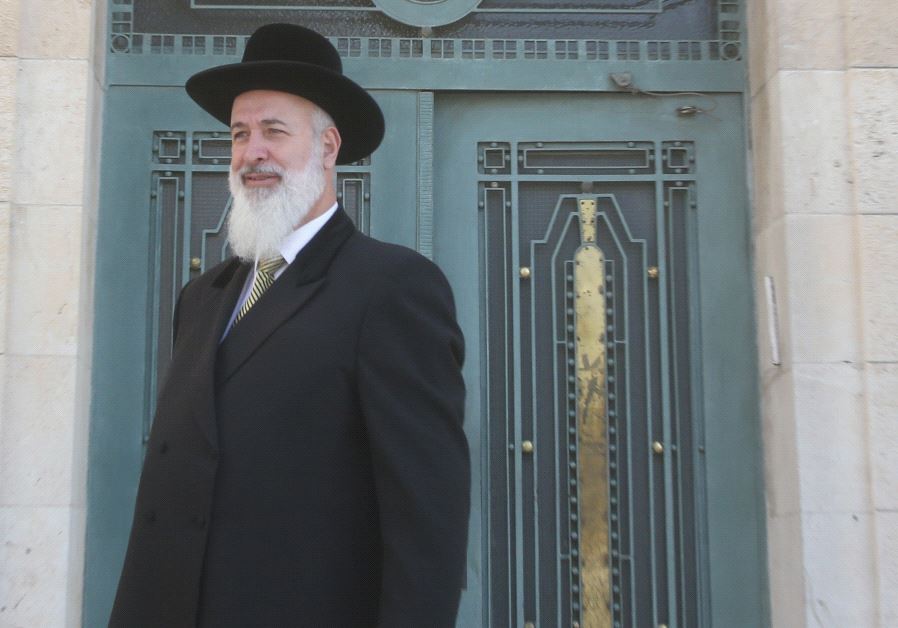Disgraced former Chief Rabbi Yona Metzger set for early release from prison
Metzger started serving his sentence in May 2017 following a plea bargain with the state prosecution.
 Former chief rabbi Yona Metzger leaves a Jerusalem court last March(photo credit: MARC ISRAEL SELLEM)
Former chief rabbi Yona Metzger leaves a Jerusalem court last March(photo credit: MARC ISRAEL SELLEM)